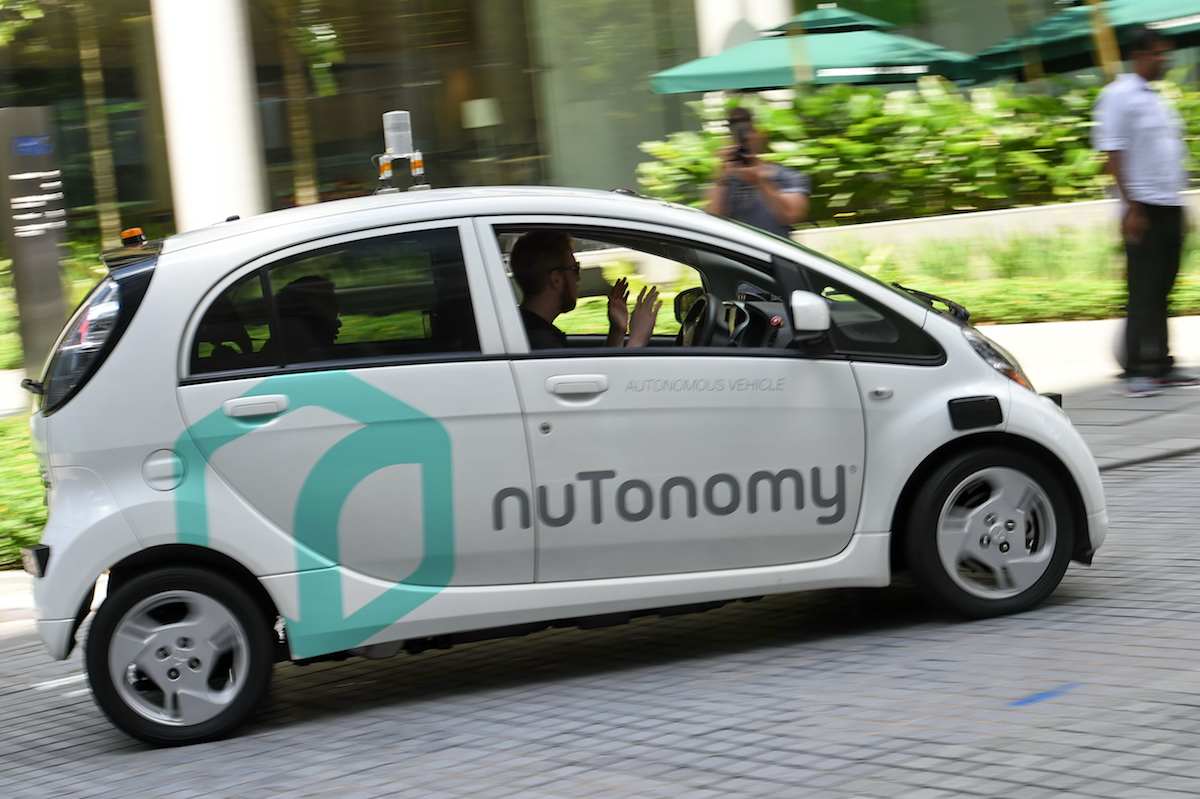It took a while, but in Singapore people seem convinced of the EV. In 2040 the fleet must be completely combustion-free. To achieve that, the city state not only comes with substantial tax credits, but also with a huge increase in the number of charging points.

Thanks to a measure called Vehicular Emissions Scheme (VES), buyers of a relatively clean car in Singapore have been eligible for a tax discount for a while. This scheme is now being extended and extended to commercial vehicles, but an incentive for EVs has been lacking to date.
That is now changing, reports the local news source Today Online. To start with, there will be an “early adoption incentive”, a discount on the purchase tax for electric cars that can be as much as 45 percent. Not nauseous, but that doesn’t tell the whole story. For example, the discount is temporary, from January 2021 to three years thereafter. In addition, a new tax is introduced step by step to compensate for the government not losing too much income through the sale of EVs. A kind of kilometer charge is also being considered, because the fuel tax in Singapore is an unmissable source of income. Minister of Finance Heng believes that the technology is not yet ready for it at the moment, reports Today Online.
In the long term, however, there will be a complete revision of car taxes, making hybrids and EVs across the board more attractive. What also makes EVs more attractive is a substantial increase in the number of charging points. That should go from the current 1,600 to 28,000 in 2030. Not without reason, because by 2040 it must be completely ready for cars with internal combustion engines in Singapore.
Tax rebate in Singapore is a “big deal” because driving is unprecedentedly expensive in this special part of Southeast Asia. The fact that Singapore is by far the country where cars are the most expensive is mainly due to the ARF. This Additional Registration Fee is just like “our” bpm a purchase tax. The first 20,000 Singapore dollar (more than 13,000 euros) of the “basic” purchase price is 100 percent taxed, the amount between 20 and 50 mille with 140 percent and everything above half a tonne with 180 percent. A car with a value of 60,000 Singapore dollars gets just as much as 80,000 dollars in taxes for its choosing, bringing the total to 140,000 dollars. For the overview we also do that in a well-known currency: a car of just under 40,000 euros with this ARF alone costs more than 93,000 euros.
Even then we are not there yet, because outside of the ARF Singaporean car buyers also have to deal with Excise Duty of 20 percent and a Goods and Services Tax (GST), a kind of VAT. The 7 percent GST is charged on the purchase price including the 20 percent Excise Duty. Finally, in order to be able to drive a car that has just been purchased for large amounts of money, a Certificate of Entitlement (COE) is required in Singapore. The demand for such a certificate is greater than the limited supply, so fluctuating prices are constantly at a high level. The dollarsandsense.sg website takes into account 30,000 to 40,000 dollars (20,000 to 26,600 euros), with the COE valid for ten years. Has everything been paid? No, there is also a normal ‘road tax’, where the engine capacity still determines the annual amount.
Photo above: a Toyota Camry with a license plate from Singapore. This combination has a starting price of almost a ton in euros.